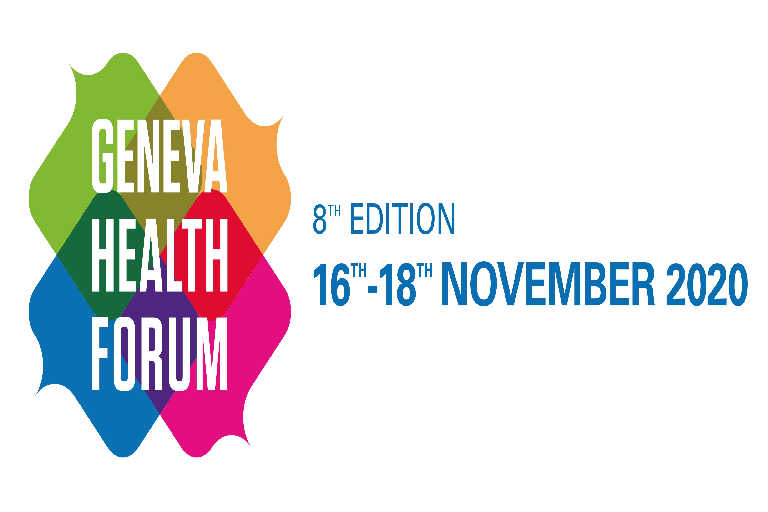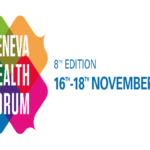6 Vitally Important Patient Protection Measures for Health Care Providers
As a healthcare provider, you are responsible for patients’ safety while they are in your care. While patients’ physical safety is very important, your responsibility extends far beyond that to include the security of their health records and personally identifiable information. To ensure full patient protection, you need to adopt a comprehensive approach and observe best practices in all areas of care. Facilities can accomplish this by taking the following steps.
Protect Against Cyber Attacks
“What is a cyber attack?’ you might ask. A cyber attack is an attempt to infiltrate computers or networks for unlawful purposes. A cyber attack may involve many different threats, but one that health care facilities have been particularly vulnerable to is ransomware that blocks access to hospital computers unless the cyber attacker receives a sizable ransom in virtual currency. This not only disrupts patients’ care, it could potentially endanger their lives. Extensive firewalls and antivirus software are among the most important defenses against cyber attacks.
Maintain Patient Confidentiality
It is not enough to guard against cyber attacks. You also have to preserve the confidentiality of patients’ records whether they are in paper or digital form. Federal laws such as the Health Insurance Portability and Accountability Act and the HITECH Act require anyone with access to protected health information, including business associates, to access only authorized personnel with a reason to view it. Any unauthorized access or breach of confidentiality must be reported and can incur severe penalties.
Keep Accurate Records
Health care providers rely on accurate records to provide appropriate care to patients. Mistakes in health care records can lead to serious medical malpractice, such as wrong-site surgery, incorrect or delayed diagnosis, and radiation errors, to name only a few of the possible breaches of patient safety that could result. The accuracy of patient information is not only the responsibility of those tasked specifically with medical records. Doctors and nurses should frequently verify the accuracy of medical information contained in the record with patients.
Avoid Medication Errors
Patients can come to serious harm from taking the wrong medication or receiving the wrong dosage. Doctors, pharmacists, and keepers of medical records all have to work together to prevent medication errors. Many medication names sound similar although they do very different things. It is important to pay attention to these names and verify that they are correct. Any dosage that seems incorrect, especially if it may be excessive, should be flagged for accuracy.
Another problem that could lead to medication errors is the use of confusing abbreviations. The Institute for Safe Medication Practices has compiled a list of error-prone abbreviations that should be avoided to prevent overdoses and other dangerous mistakes involving medication.
Observe Good Sterilization Techniques
Prior to any medical or surgical procedure, the entire health care team should perform a thorough scrub to remove any pathogens from their hands. During the procedure, all team members should wear gloves, masks, and head coverings to prevent any contamination of the surgical field.
However, it is not only the team performing the procedure that must be sterile. It is also the instruments involved. This is especially important for instruments used in the gastrointestinal tract, such as endoscopes. A piece of equipment called an autoclave is often used to sterilize instruments by exposing them to steam heat.
Follow the Universal Protocol
The Joint Commission on Accreditation of Healthcare Organizations has set a Universal Protocol for preventing surgical errors such as wrong patient, wrong procedure, or wrong site. The Universal Protocol includes marking the surgical site with the patient’s involvement and verifying information with the patient before surgery, as well as performing a time-out with the entire surgical team to perform a final verification through active communication.
Patients receiving care at your facility put their trust in you and your staff. Patient protection measures fulfill the Hippocratic obligation of all health care professionals to avoid doing harm above all else.






























